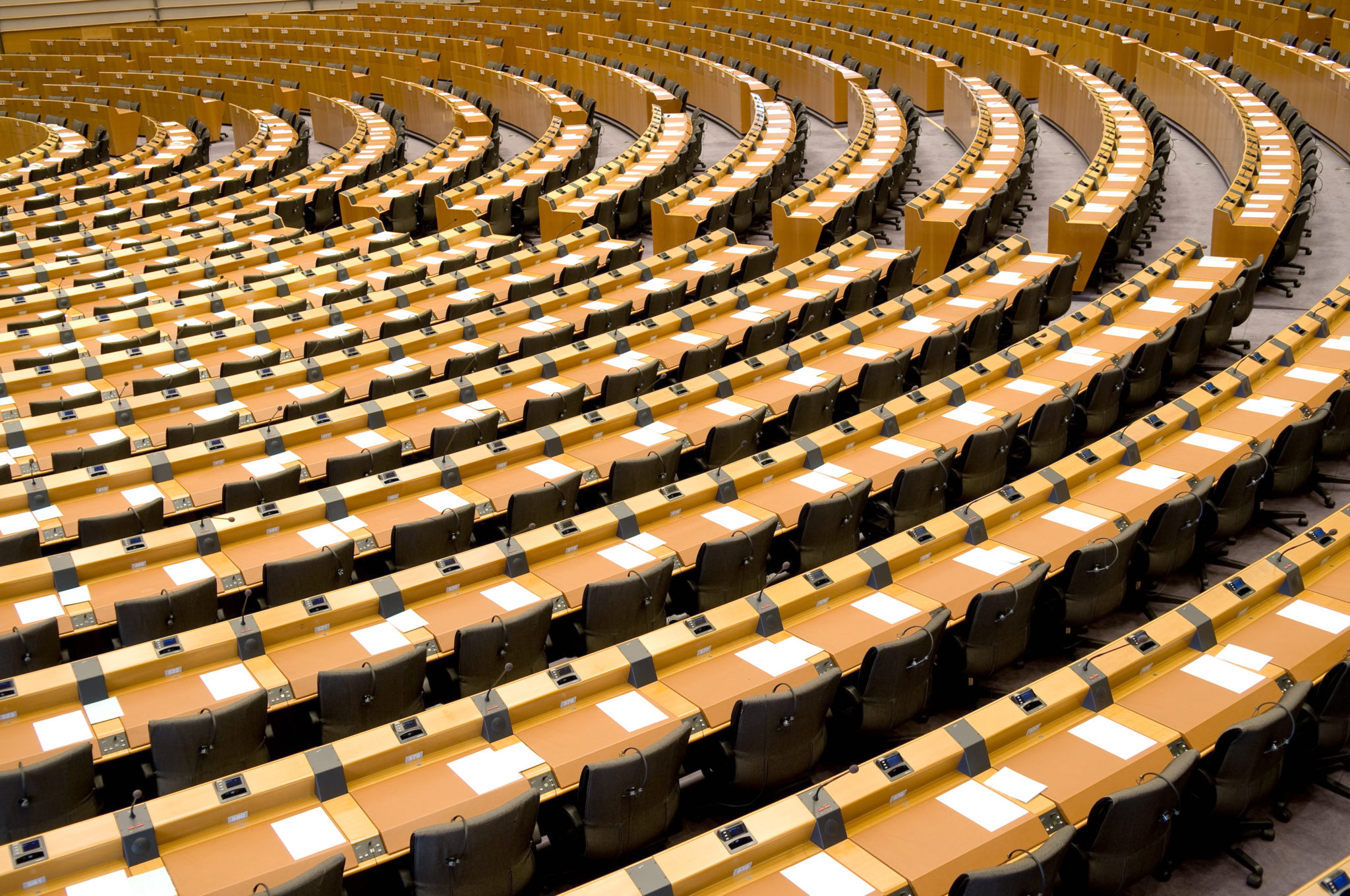Duty of vigilance: comparative regulation in Europe and the UK
Published on 14th October 2021
Businesses internationally are required more and more to prevent human rights and environment violations – what do existing and proposed European regimes expect and how do they compare?

There is an increasing focus across Europe on human rights due diligence, supply chain transparency and modern slavery risks.
In March 2021, the European Parliament adopted a resolution with recommendations to the European Commission and a draft Directive on Corporate Due Diligence and Corporate Accountability calling on the European Union to legally require companies to respect human rights and the environment in their supply chains.
The European Parliament’s draft proposes an EU law requiring companies to monitor, identify, prevent and remedy risks to human rights, the environment and governance in their operations and business relationships.
Some countries in Europe have already adopted their own regulation. For example, France has had its Duty of Vigilance Act since 2017. The UK, Germany and Norway have also enacted laws relating to transparency obligations. Similar legislation in the Netherlands will come into effect in 2023.
Our experts from across Europe and the UK have compiled a comparative table of existing regulation in France, Germany, the Netherlands and Norway, as well as the UK Modern Slavery Act and the EU's proposed Directive, that places proactive expectations on corporates to take actions relating to the prevention human, social and environmental violations.








